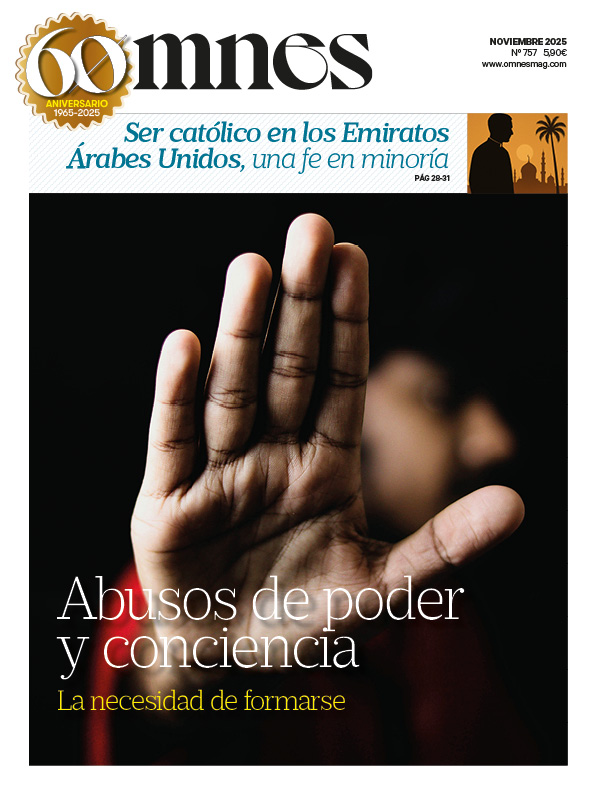– Text Miguel Angel Ariño y Nuria Chinchilla, Professors at IESE Business School, University of Navarra
Five years ago there were those who were surprised that, with so many problems besetting the world, the first pastoral initiative in the form of an encyclical by the new Pope (after the initial encyclical Lumen fidei) was dedicated to such a seemingly mundane topic as the preservation of the environment. There were also those who celebrated it, saying that it was time for the Church to address such an important topic. In any case, this document came as a surprise.
Pope Francis reminded us that God created the world for "man", for all men ("male and female he created them".) of all generations. Man is the raison d'être of the created world. But the centrality of man in the world does not place him in the situation of a despot dominion, but so that he can work it, cultivate it, improve it and develop as a person in the different spheres (business, family and society). In fact, God left the world incomplete - he did not create the houses, the roads or the internet - foreseeing that we would complete it with the ingenuity he gave us. Each one of us, therefore, has the responsibility to maintain the world in a condition in which we can develop with our contemporaries and for future generations.
But it is above all through business activity and the decisions of its managers that the environment and human ecology are most impacted.
There are two business paradigms or worldviews that have opposing impacts: oxygenation, or environmental and social pollution. One is the company as a simple instrument for obtaining economic benefits. It is the mechanistic prism: the greater the economic benefits, the better the company will be fulfilling its functions, with the environment and people being mere instruments at the service of profit. Depleting the resources offered by the earth is something connatural to business activity, and to think of the needs of future generations who are not yet in the world would be nonsense.
The anthropological paradigm, aligned with the encyclical, conceives business activity as a means of satisfying the human needs of all people. This conception of economic activity places man and his needs at the center. It does not instrumentalize him, but serves him. It respects the natural environment as the environment in which man develops as a person, and is concerned to preserve it for the man of today and tomorrow. In short, it takes into account the human ecology understood as all those aspects of reality, both material and immaterial, that allow or hinder this development.
Just as there was a time when we ignored the negative impact of our industries on the environment, even today many companies ignore their contribution to the destruction of the human ecology. They pollute their own organizations and society with practices that harm and dehumanize them, when they do not allow their employees to fulfill their roles as members of a family and a community.
Preserving the social health and ecology of individuals, families and human communities is as important and urgent for the economy as preserving the environment, the deterioration of which is a consequence of the deterioration of human ecology.
Entrepreneurs and managers are a cornerstone of business and society. The lives and professional, personal and family development of many other people depend on their decisions. They are the ones who create the organizational culture in which employees live and breathe, which can be oxygenating or intoxicating. On them depends the creation of new environments of trust capable of turning around the negative and polluting cycle of human ecology to which the mechanistic paradigm has given rise.
The human person must be put back at the center of the sustainability triangle. This requires analyzing the model of the person with which we operate and using the lens of the anthropological paradigm, the only one that allows a person to develop to his or her full potential, because it sees the person as he or she is: an end in himself or herself, with a unique and unrepeatable value. The anthropological conception of business builds institutions with values, promoting the development of people's transcendent motives, the only ones that build consistent, reliable, committed and, therefore, sustainable human communities. Working with whole human beings, taking into account their needs and family responsibilities, helping to satisfy them whenever possible, also leads to greater productivity and competitiveness.
Professor at the IESE Business School, University of Navarra







